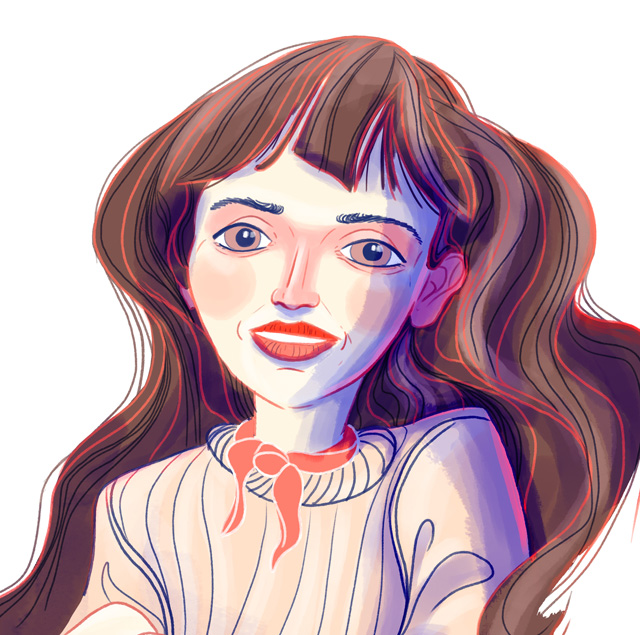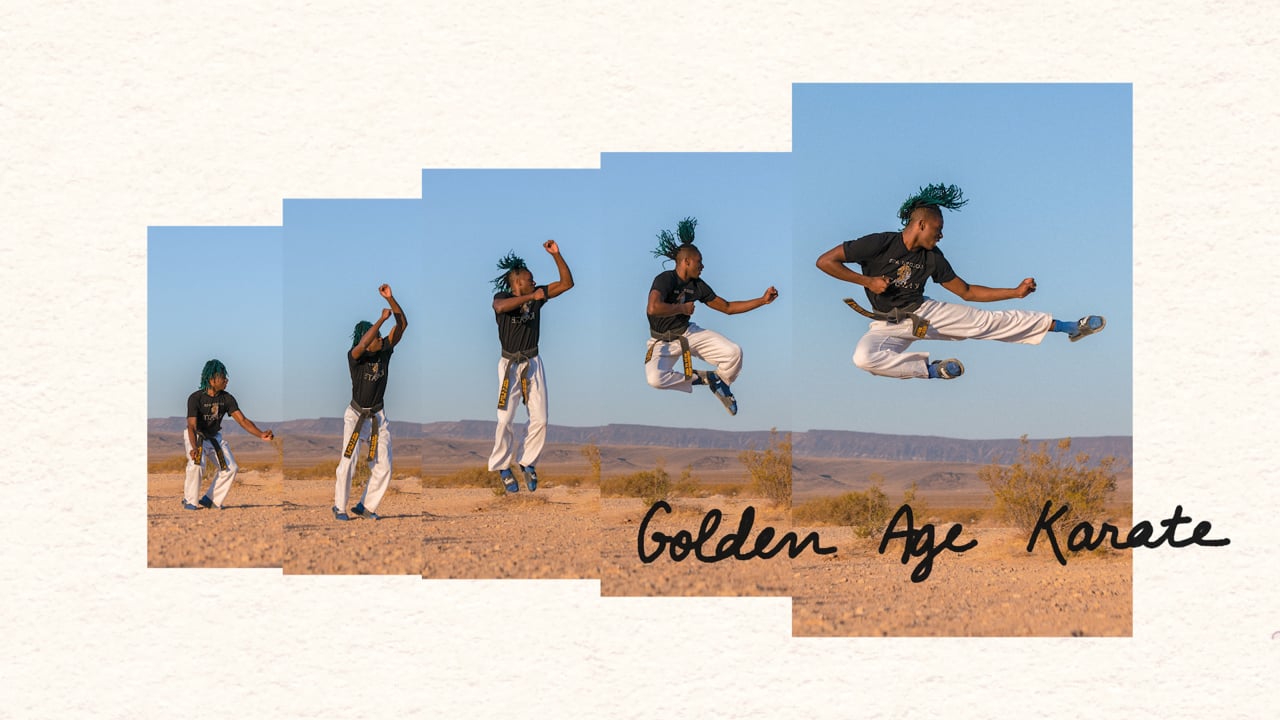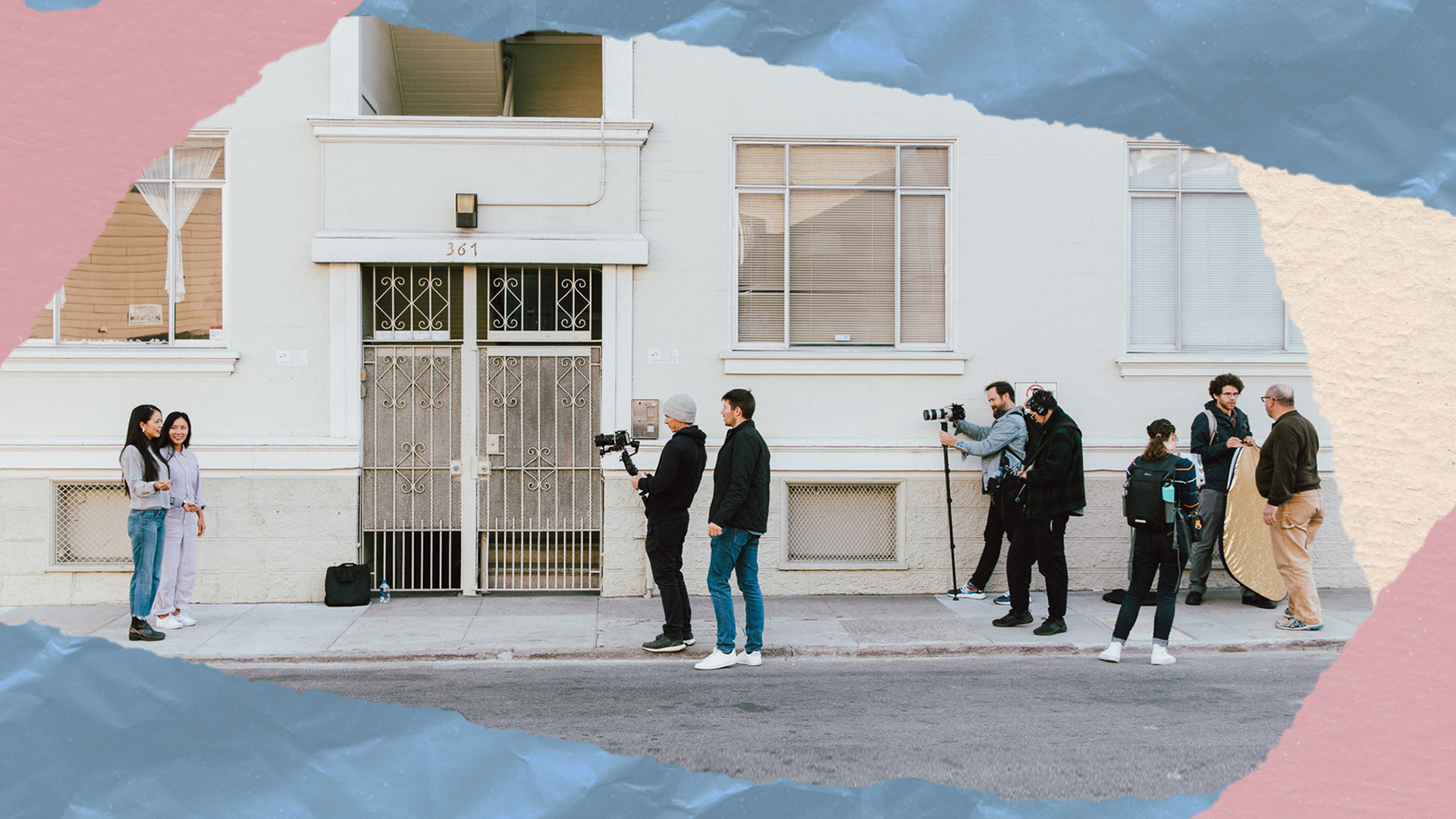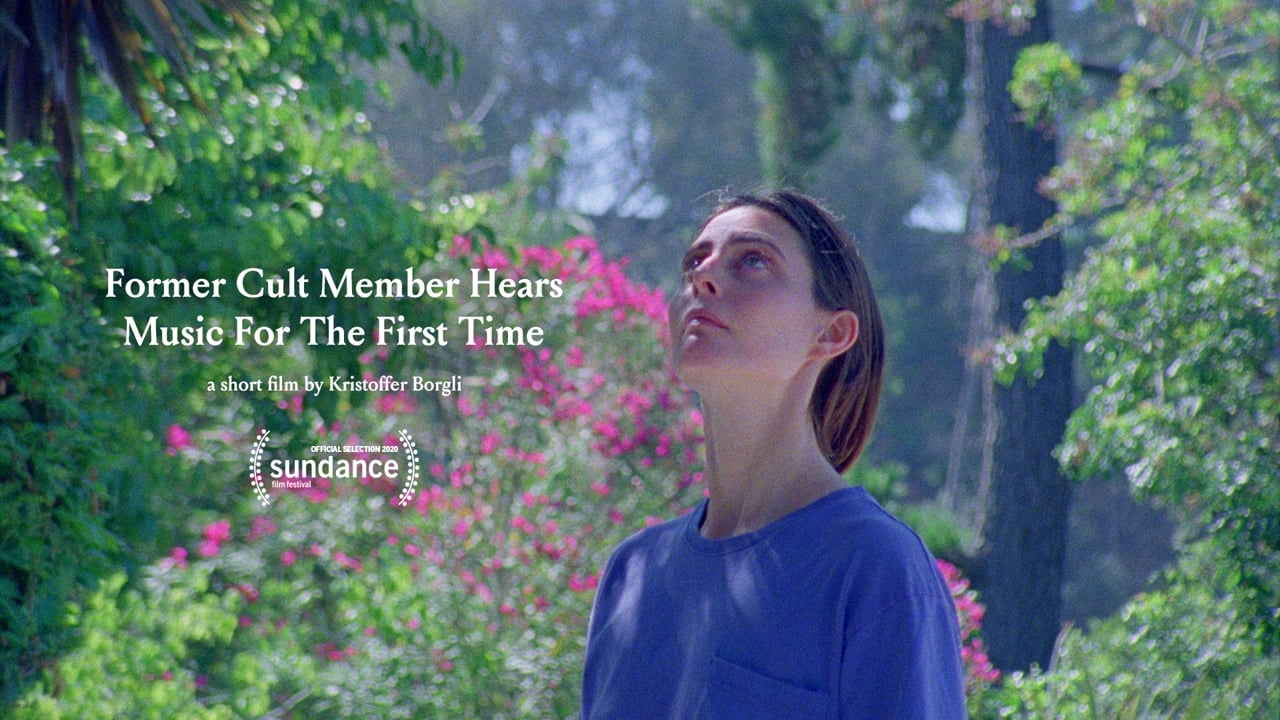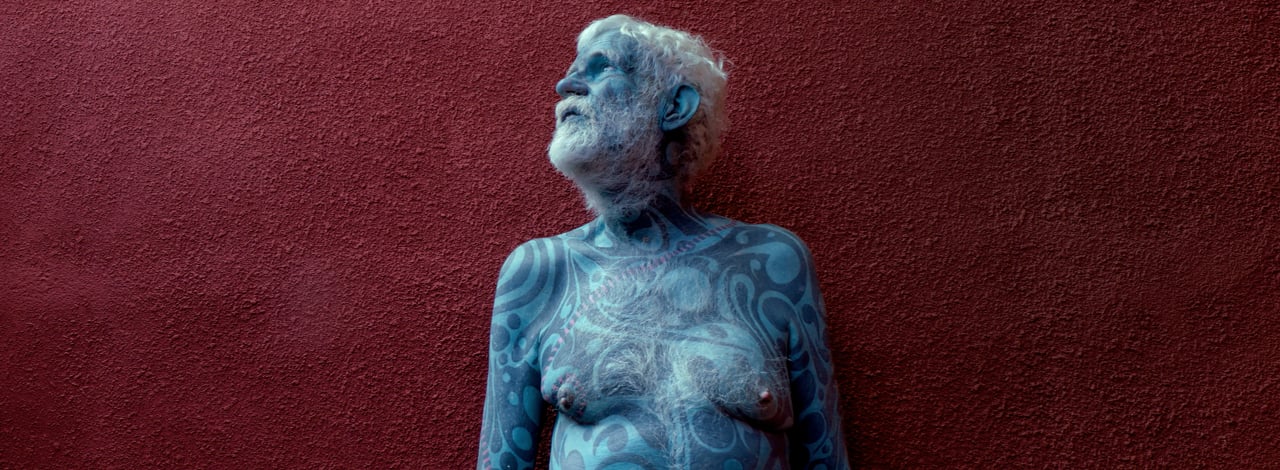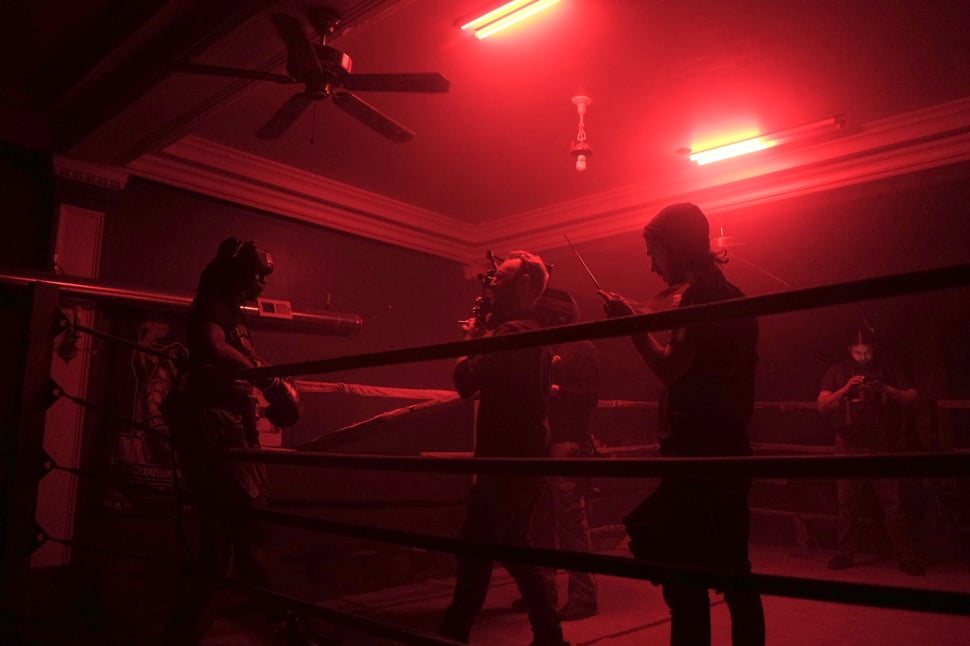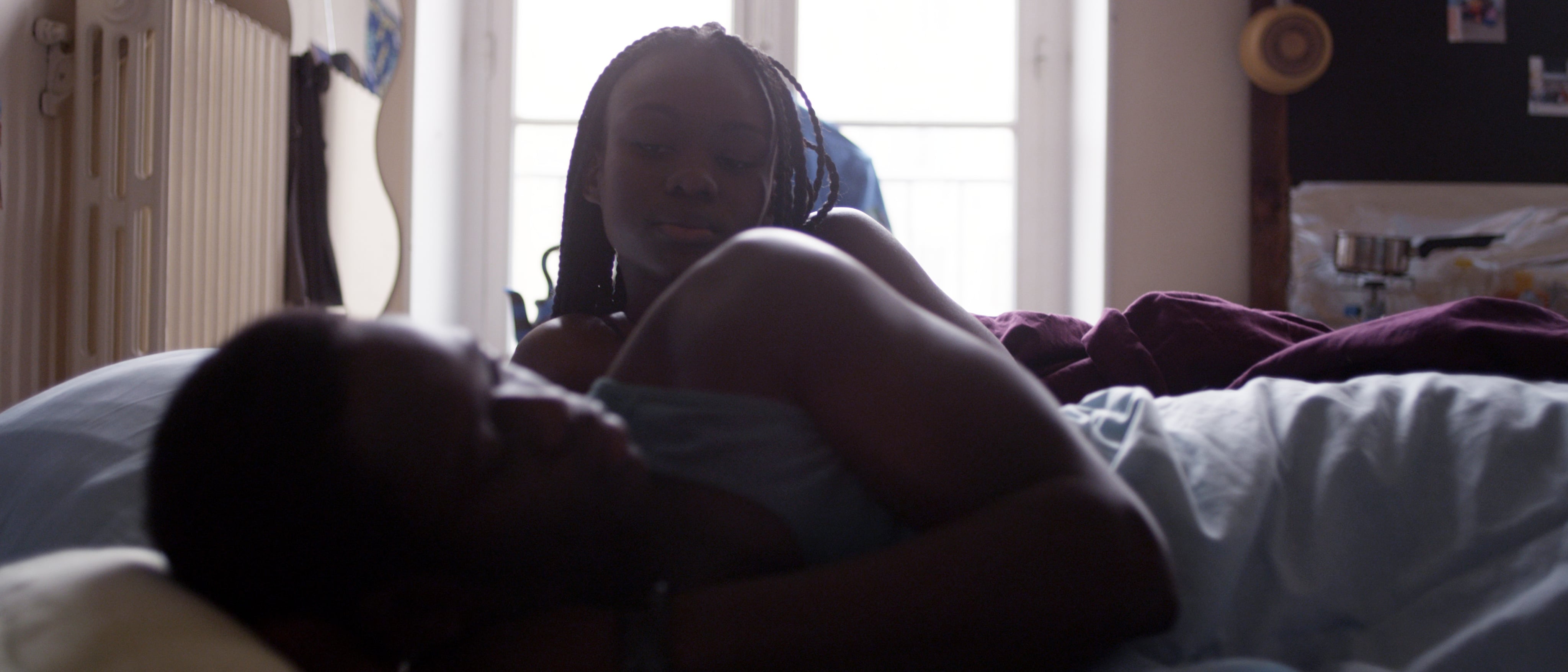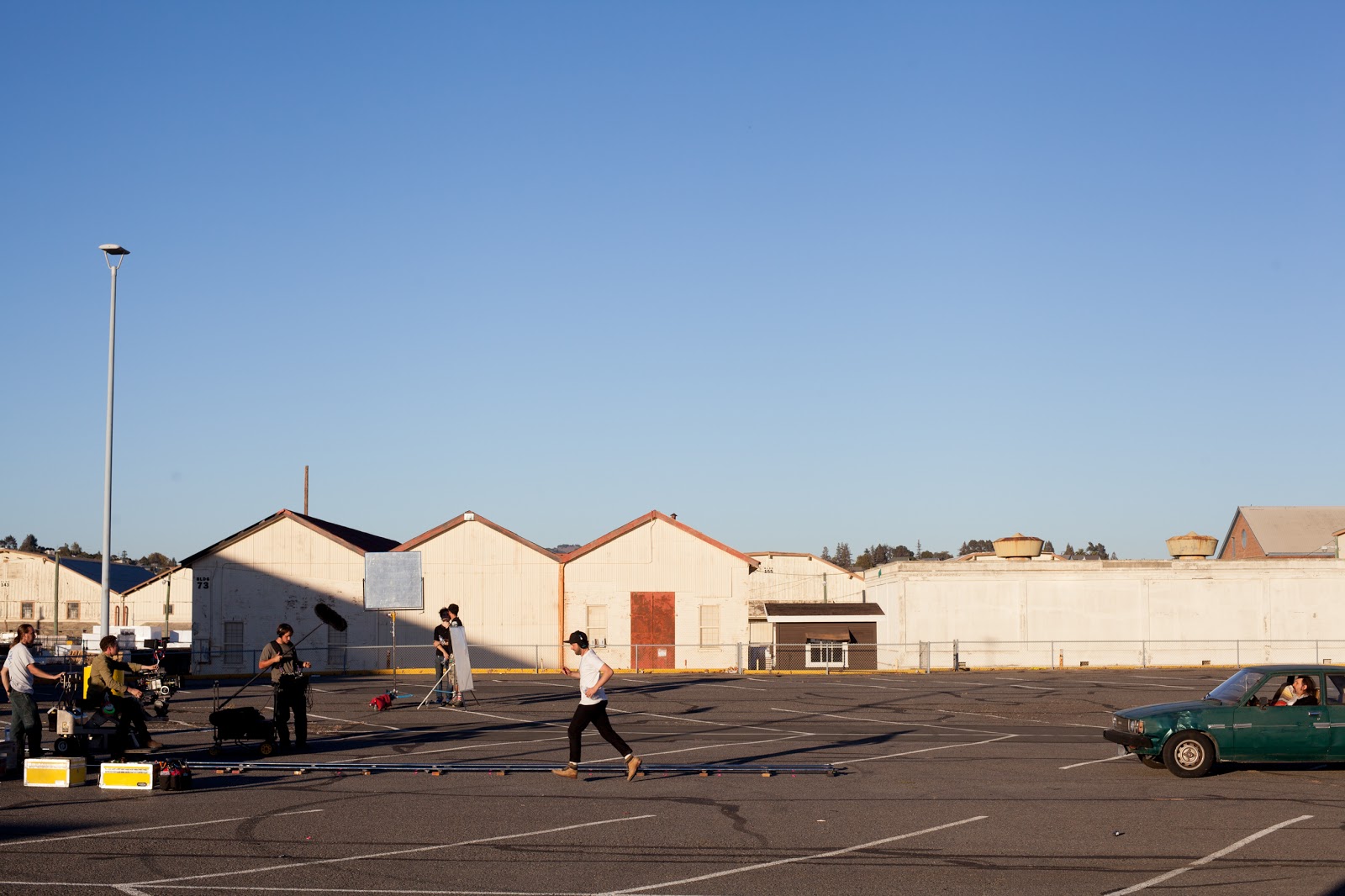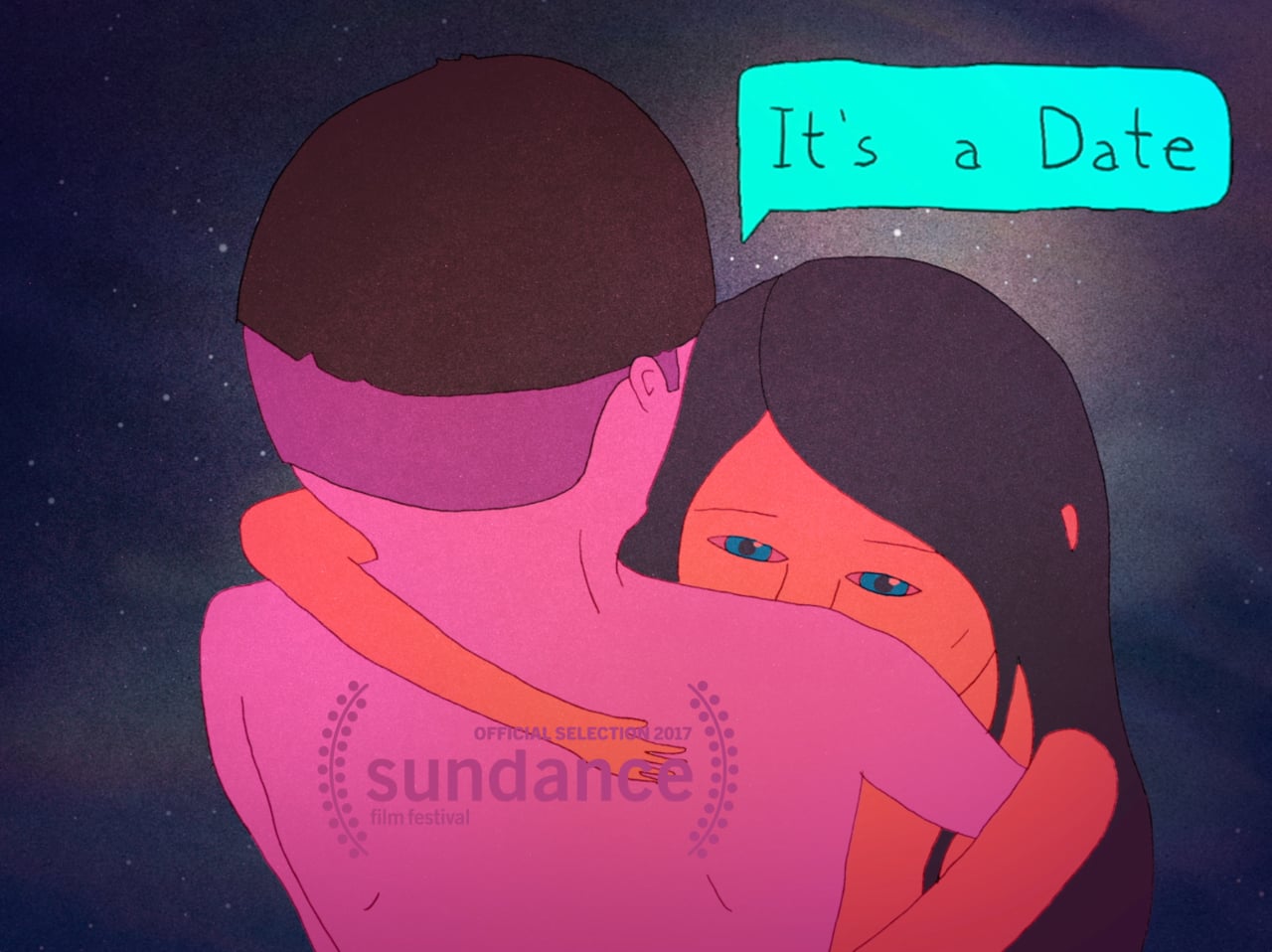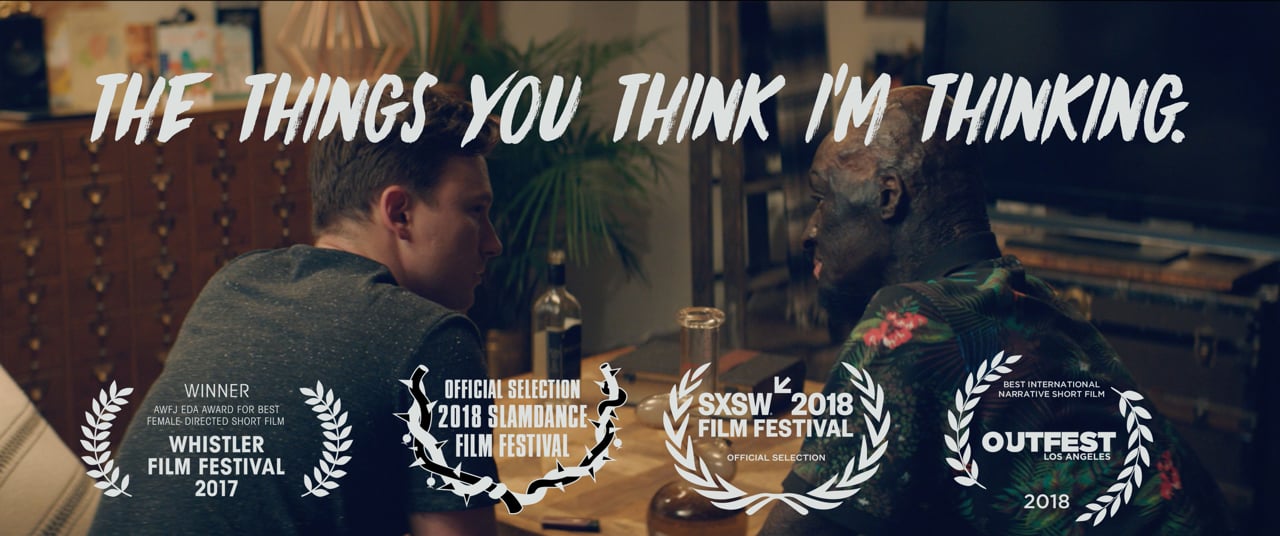
Five years before his film debut in today’s Staff Pick Premiere, “The Things You Think I’m Thinking,” actor Prince Amponsah was pulled out of his burning apartment building. With burns covering more than half of his body, it took Prince years to recover, let alone get back into dating. This beautiful film directed by Sherren Lee and co-starring screenwriter Jesse LaVercombe is inspired by that journey.
Based on Jesse and Prince’s first encounter with each other, “The Things you Think I’m Thinking” is a superb combination of effortless performances, realistic writing, and magical onscreen chemistry. Winner of the Grand Jury Prize for Best International Narrative at Outfest, it’s a warm and mature portrayal of a first date under sensitive circumstances.
We caught up with director Sherren Lee to get the scoop on the making of this special short. Below are excerpts from our conversation.
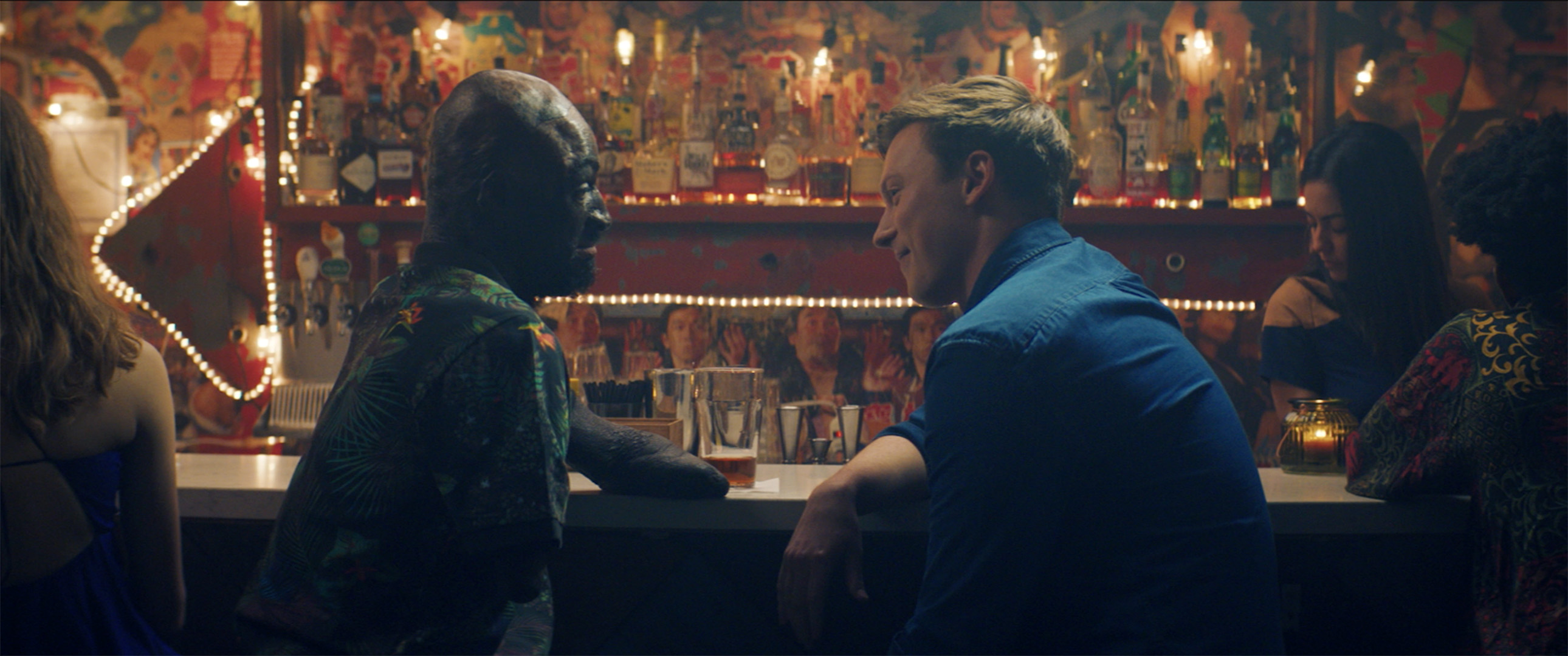
On how the film came to be:
“The project was brought to me by the screenwriter, Jesse LaVercombe. Jesse has such a knack for writing unique and charming characters — they felt real to me right away. The script also made me feel uncomfortable. I was scared of not being able to handle the subject matter in the ‘right’ way. That made me want to do it. I knew it was an opportunity to tell a story that focuses on empathy and challenges my own discomfort, so I leaned into that. Jesse and I worked on the script together for about a year. We finally made the film when we got funding from the Toronto Arts Council.”
On the story:
“The story was completely inspired by Prince Amponsah’s real life, and the screenplay was loosely based on Jesse and Prince’s first encounter with each other. It wasn’t romantic; it was that feeling of first meeting somebody, getting to know them, and walking on eggshells a tiny bit. Jesse knew Prince from the theatre community. Prince was an actor before the incident, and chose to come back to acting afterwards. And how lucky are we that he did? I’m so humbled by him. What an act of bravery, to put yourself out there like this.”
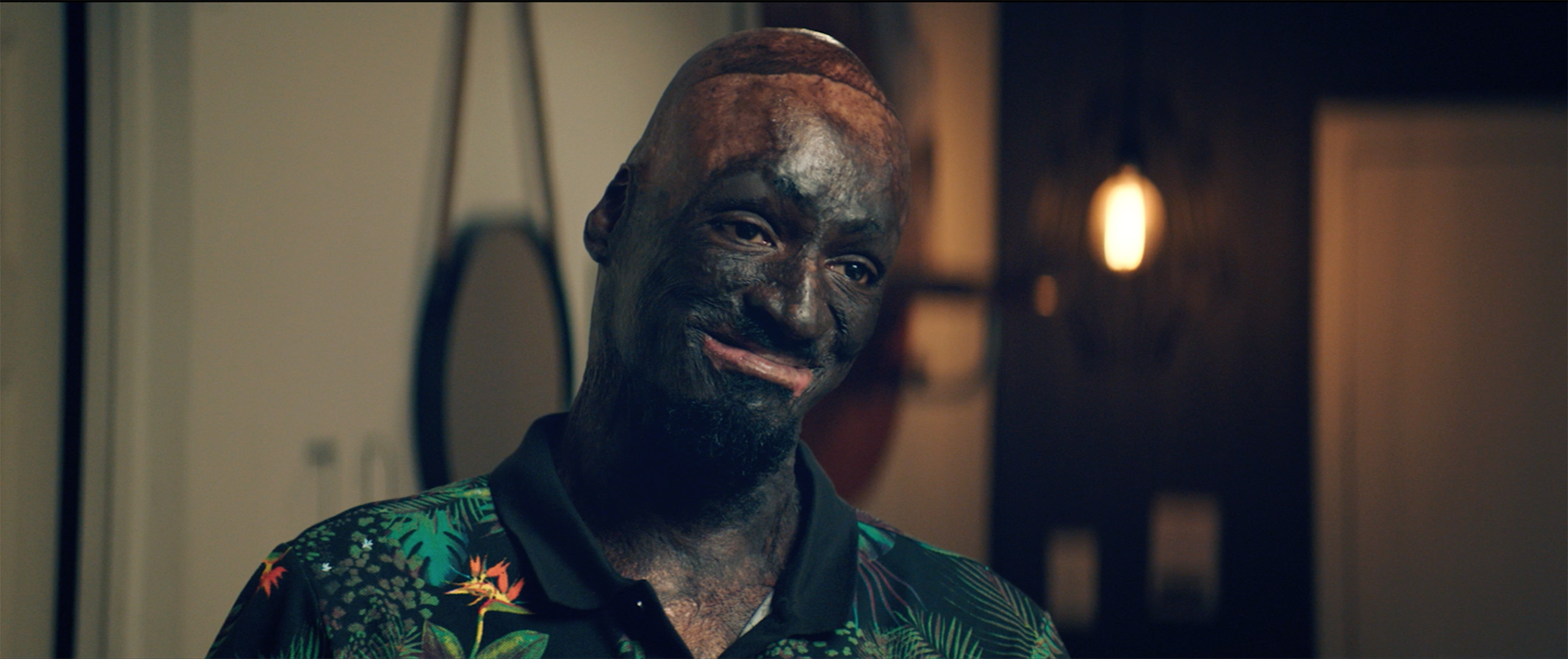
On filming in a small space:
“From the get go, Jesse was interested in writing something about a situation that escalated unexpectedly. We knew we’d have to build tension in one space over a short span of time. That was part of the fun, and part of the challenge. For me, it was exciting to be in one space. We found ways of using its various corners as the date progresses — they start courteously in the living room, dance into the bedroom area, and then suddenly revert all the way back to the kitchen. It was almost like a hot/cold spectrum. I love that they pretty much ‘reset’ back to the living room, as if starting over, but end in a comfortable space.”
On making a small budget work:
“Getting funding for your film is always one of the most difficult hurdles to overcome. We had initially hoped for a bigger budget, but once we knew what we had to work with, we had to sit back down with the script and make changes accordingly. At first it felt like we were sacrificing things, but in hindsight, it forced us to be more creative. We cut scenes and locations, and in the end, less was really more. I truly believe the film benefited from those cuts. All that to say, you have to know what is at the heart of your story. Understand what needs to be communicated, and then you can play and figure out what alternatives you have. Boundaries help sometimes!”
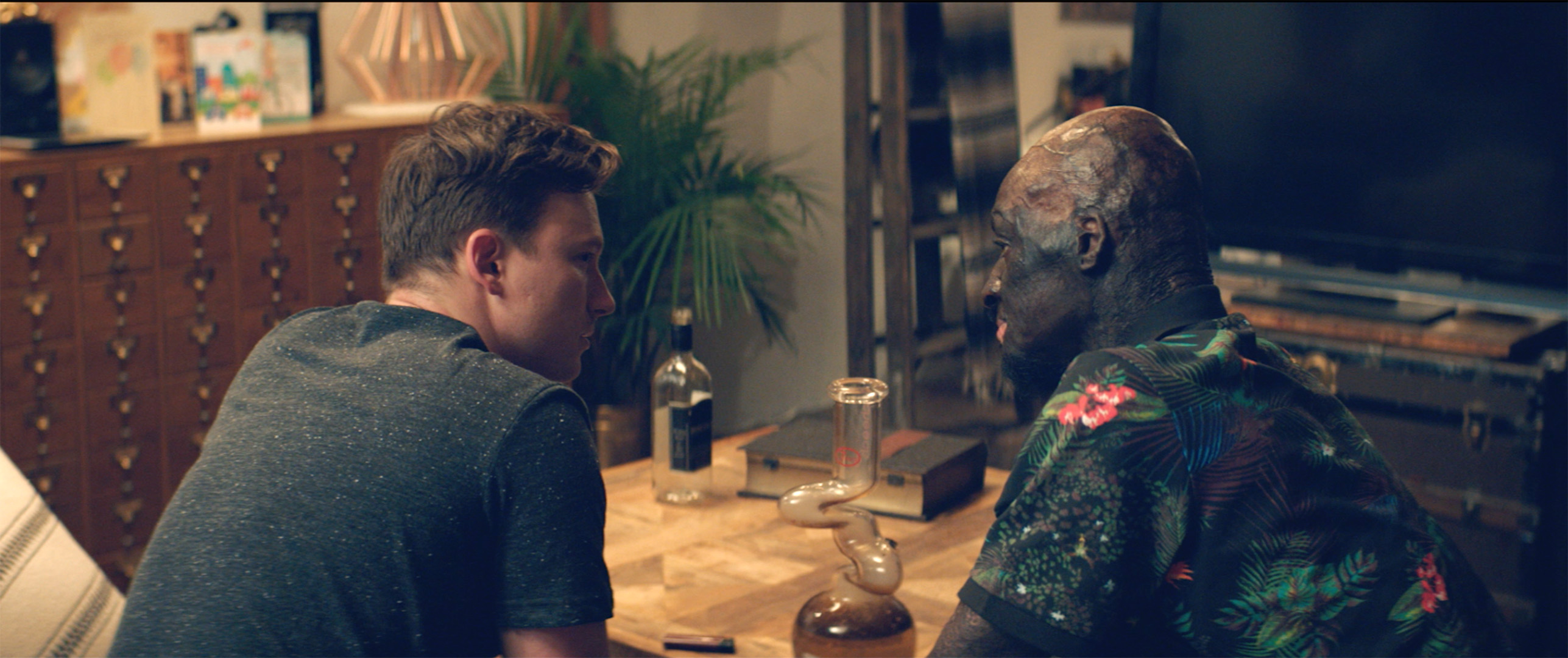
On what she hopes viewers will take away from the film:
“It’s all in the title! I definitely want people to come away from this film reflecting on the fact that we all project our perspectives onto the people we interact with. This scenario of a first date is familiar to all of us: we want to put our best foot forward and we’re afraid of being judged for flaws that we’re desperate to hide. We all have demons, but in the film, Sean’s can’t be hidden. A first date is a universal entry point for audiences to imagine how difficult it must be for Sean, a burn-survivor and amputee, to put himself out there — and to not be in his own head, which are things we all need to work on. I can only hope that we can try to be more self-aware after experiencing this short.”
On advice for aspiring filmmakers:
“As I carry on through this journey, I’ve really noticed that it’s so important to spend time getting to know yourself. For a long time, I thought I had to figure out what kind of filmmaker I wanted to be. Then I realized that I just needed to figure out what kind of filmmaker and person I already am. It’s not easy to look inward, but it’s the most important thing you could do for yourself. And for your craft.”
